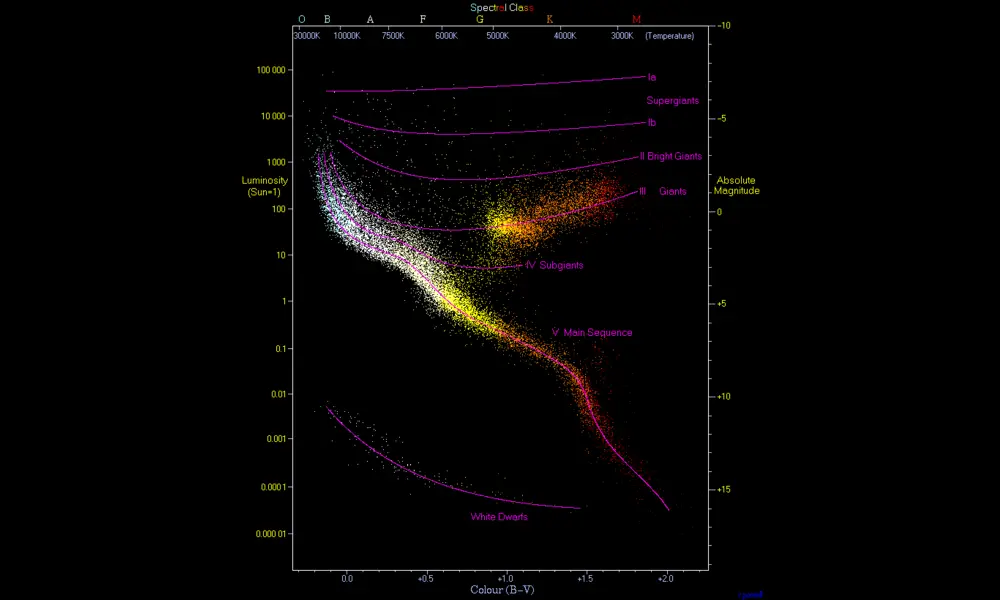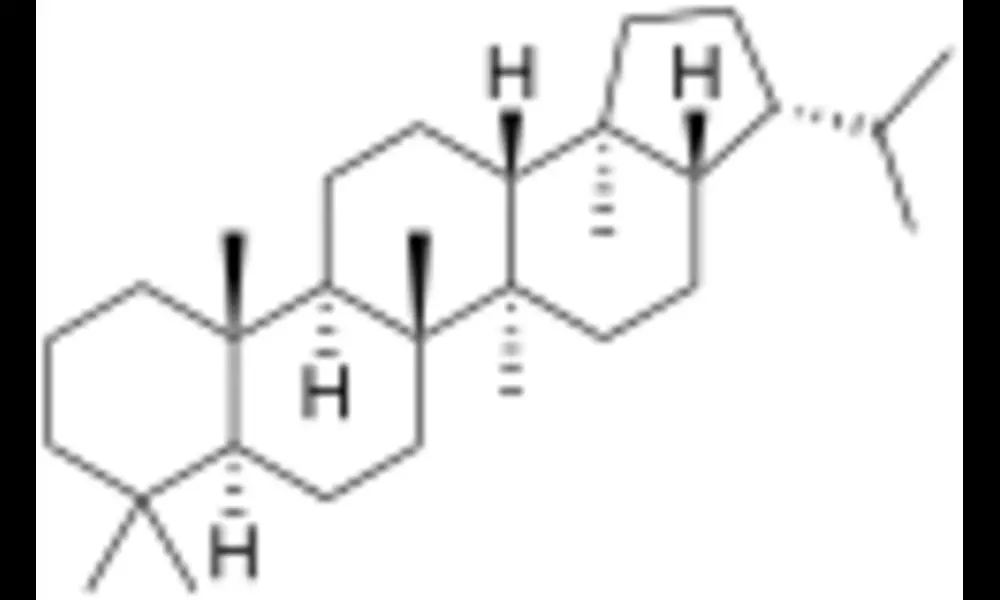Solution to Algorithmic Price Collusion Could Drop Prices 40%
Published on Sun Aug 06 2023 Bed Bath & Beyond Closing Miracle Marketplace | Phillip Pessar on Flickr
Bed Bath & Beyond Closing Miracle Marketplace | Phillip Pessar on FlickrNew research has proposed a mechanism to tackle algorithmic collusion on platforms that artificially raises prices and limits product availability. The study, titled "Combating Algorithmic Collusion: A Mechanism Design Approach," suggests a strategy to destabilize cartels by protecting individual sellers who cheat on the collusion agreement. This protection guarantees a stream of profits for cheaters while punishments, such as price wars, occur. By implementing this mechanism in a reinforcement learning framework, the study found substantial reductions in prices, decreasing markups by 40% or more.
Algorithmic collusion occurs when artificially intelligent pricing algorithms used by sellers collaborate to inflate prices and restrict output. This raises concerns as traditional evidence of collusion, such as communication records or agreements, are absent in these cases. The proposed mechanism aims to counteract these collusive strategies both on platforms and in direct markets where buyers and sellers interact directly. The mechanism operates purely off-path, meaning it does not disrupt regular market outcomes, and does not necessitate knowledge of market structures or seller behaviors.
The study's findings show that the mechanism effectively lowers prices without impacting product variety or requiring any financial compensations. It is a promising approach to combat algorithmic collusion and maintain fair competition in various markets. The research also highlights the mechanism's compatibility with markets featuring different marginal costs and multiple platforms. Additionally, the mechanism's low informational requirements make it adaptable to various scenarios.
Moving forward, future research could explore the levels of noise or fluctuations in prices to determine suitable thresholds for the two-stage price drop rule. This rule requires specific price drops to qualify as the first or second stage of the mechanism. Another avenue for exploration is the potential use of a reporting mechanism, enabling sellers to alert the platform or buyer about their intention to cheat and request protection. This would help prevent abuse of the mechanism for personal gain. With advancing computational power, researchers also aim to investigate the effectiveness of revenue matching in the reinforcement learning framework to eliminate the need for estimating marginal costs.



